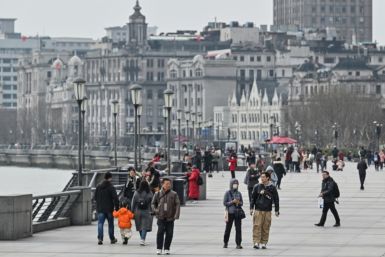Australia prepares to join UN’s human rights council

A panel of experts is set to assess the human rights record of Australia this week. Among areas of concern are unrelenting indigenous issues and controversial asylum policies.
Officials from Canberra are slated to appear before the UN human rights committee in Geneva on Wednesday and Thursday as the nation prepares to join UN’s human rights council. A coalition of non-government organisations will brief the committee on rights issues from Monday. Australia’s compliance with global rights treaty, the International Covenant on Civil and Political Rights, is also expected to be tackled.
A report prepared for the Geneva committee recognises that Australia has taken steps to improve human rights protection like sex discrimination laws and parliamentary scrutiny of rights in legislation. However, the report notes that “in some areas Australia has clearly gone backwards.”
Emily Howie, director of legal advocacy with the Melbourne-based Human Rights Law Centre, said a close look at the country’s human rights record indicates it is going backwards almost across the board, including indigenous incarceration, treatment of refugees, violence against women, physical safety of people with disability and protecting children in youth justice. “Even our basic democratic rights, once supported across the parliament, are being diminished by excessive secrecy in government and laws that stop people from speaking out even where they witness human rights abuses or government misconduct,” Howie told the Guardian Australia.
Howie added that rights issues had caused damage to the country’s global reputation. She argued that Australia has to up the game if it wants to be taken seriously as a champion of human rights on the council.
The Australian government, in its report to the committee, said it was committed to its international obligations. It also said the nation implements its international obligations through some measures, including through legislation, programs and policies at federal and state levels as well as through common law, and reportedly defended offshore detention and processing as legal.
“Having been granted the above-mentioned assurances by Nauru and PNG, and having assessed the totality of the circumstances, Australia’s position is that transferring people to the sovereign states of Nauru and PNG for the processing of their asylum claims and settlement there does not breach Australia’s international obligations.”
In 2009, Australia signed the optional protocol to the convention against torture and other cruel, inhuman or degrading treatment or punishment. Howie believes that Australia has to honour its commitment to finally ratify Opcat.
AP Archive/YouTube






